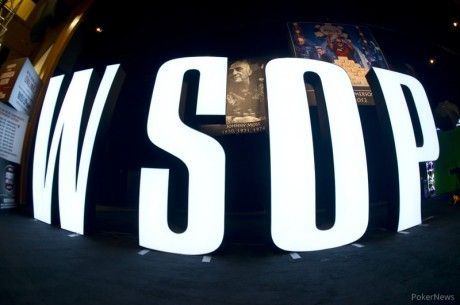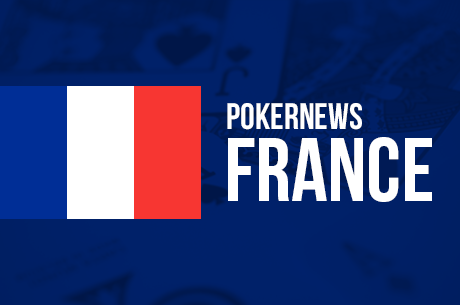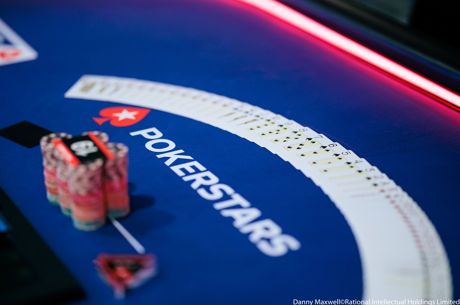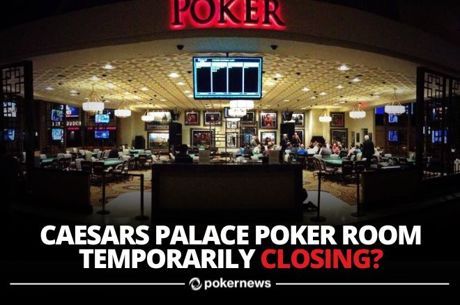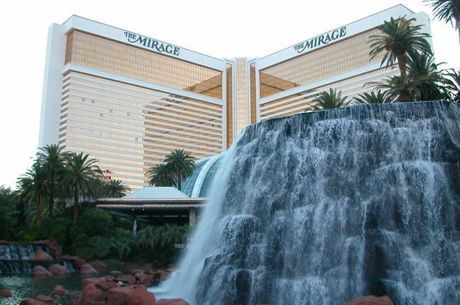#14mayosinpokeronline: Spain Goes on Strike While Regulator Welcomes New Operators
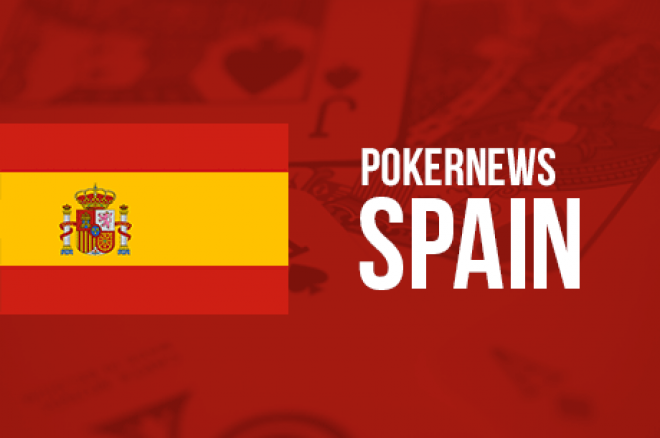
Poker players in Spain decided to call for the country's first-ever poker-related protest on Thursday, demanding legislative changes to stop the decline of the poker industry.
Frustrated about the limits imposed by the ring-fenced online poker market established in 2012, and by a taxation that many believe made it impossible for the game to develop in the country, the Spanish poker community called for a virtual May 14 get-together around the hashtag #14mayosinpokeronline, (#May14withoutonlinepoker).
Players who adhere to the protest are asked to not play online on May 14, and to let poker rooms run their events without the core of Spain's player base.
If successful, the protest will have some significant consequences in terms of missed revenue for the State and in higher-than-usual running costs for the poker rooms as Thursdays see a number of events with guaranteed prizes that may not be met as a result of the strike.
For example, on Spain's leading online poker site, PokerStars.es, the strike may result in a lower-than-usual turnout to the SuperJueves (Super Thursday) events, one of the highlights in the room's weekly calendar thanks to combined guarantees of �88,759 spread over eight events.
Screenshots of poker rooms have circulating on Twitter and appear to show that many morning regulars taking part in the protest by leaving the tables emptier than usual.
What Do the Players Want?
PokerNews Spain points out that the Spanish community called for a strike to make its voice heard and to establish a communication channel with the government and the country's gambling authority La Direcci��n General de Ordenaci��n del Juego (DGOJ).
As poker blogger David Martinez de Castro put it, "Today we manifest for our right, as players, to a shared liquidity. Spain's online poker community is tired of the current legislation on gambling, and the straw that broke the camel's back has been the regulation voted in Portugal, as they managed to approve a bill that is good for the players."
Highly critical against the establishment of a ring-fenced market and the taxes applied to the players, Martinez de Castro calls for a reform that would open shared liquidity and, at the same time, adopt a different fiscal regime in line with the one currently offered in other European countries like the United Kingdom.
"Can this do any good? Will the players manage to get themselves noticed?" asks Adrian Delgado on PokerNews Spain today. "It's hard to guess and there are many ways to answer to these questions, but the simple fact that players from all over Spain came together and gave this protest a try is already remarkable."
Shared liquidity and lower taxes, however, do not seem the direction that Spain's authorities have decided to take. Despite the DGOJ and its Italian counterpart being the biggest promoters of a trans-European online poker market, the legislative challenges connected to it and the strong opposition of the French government pushed Spain's gambling authority to put the project on hold.
"I think shared liquidity is something on the table, even if I don't feel it is a priority either for the Spanish authority or for the Italian one," DLA Piper Spain partner and gambling specialist Albert Agustinoy Guilayn told PokerNews.
What is in the regulator's agenda, however, is the launch of a new batch of licenses to operate in the 'dot-es' online gaming market. The DGOJ has confirmed that from May 27 online slots and betting exchanges will be officially legal in the country. The addition of these two products will also lead to the entrance of twelve new operators in the market, including names like Betclic, Netent and Novomatic.
Although the introduction of online slots is believed to have a positive impact on the growth of the industry overall, it remains to be seen if and how it will help the online poker vertical, especially as data released by the DGOJ showed that Gross Gaming Revenue (GGR) generated by poker during 2014 at �16.6 million, 3.5 percent lower compared to 2013.
Get all the latest PokerNews updates on your social media outlets. Follow us on Twitter and find us on both Facebook and Google+!


